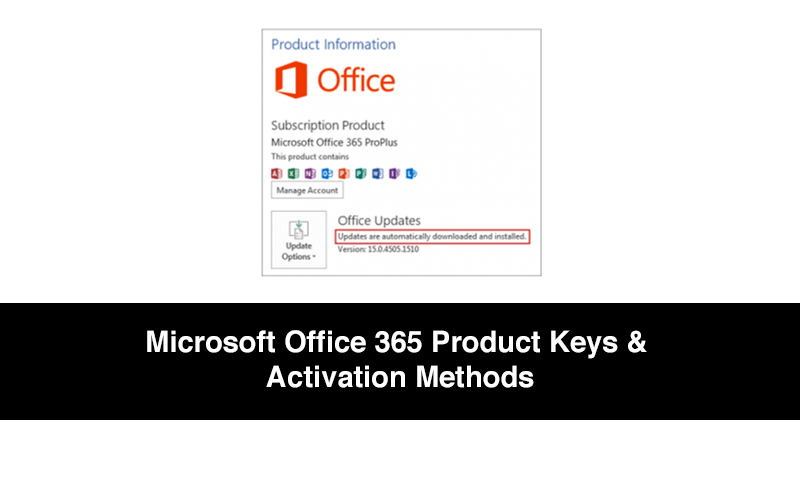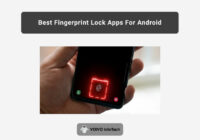Driver Easy Pro Key for Free in 2024
Have you heard about the Driver Easy Pro key? An extension service, the Driver Easy Pro key, helps you to keep track of all the applications on your desktop. It goes through and scans all applications which ones are obsolete and launches these applications. Moreover, It automatically helps you to download the working versions of… Read More »










